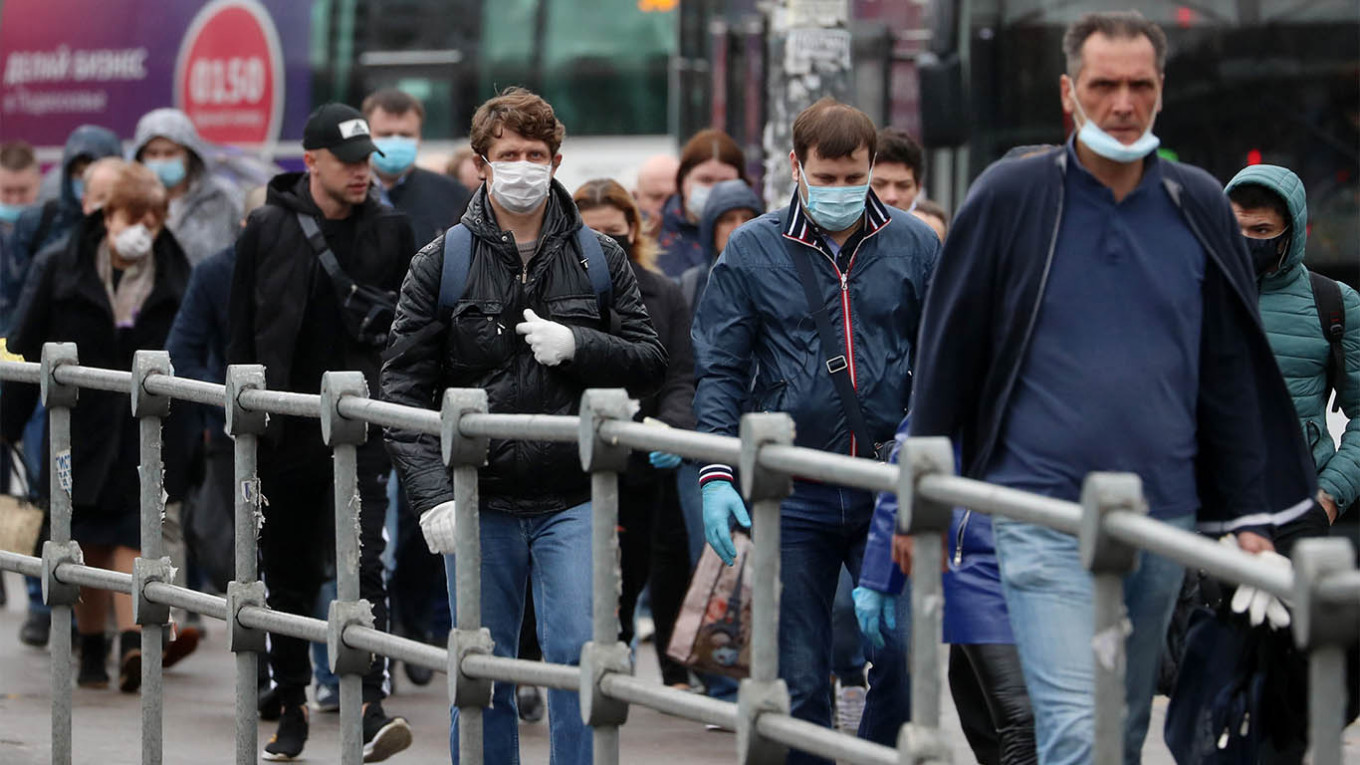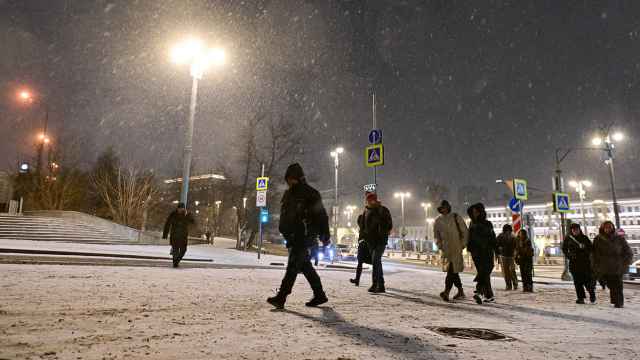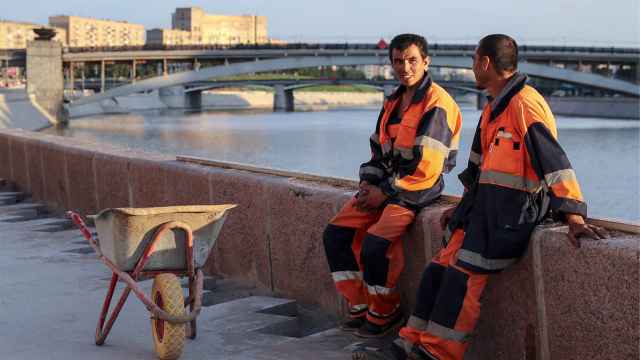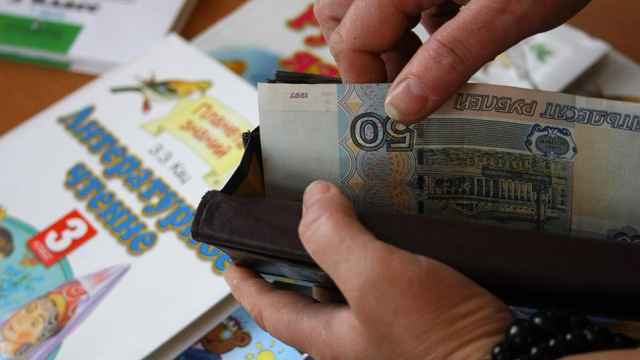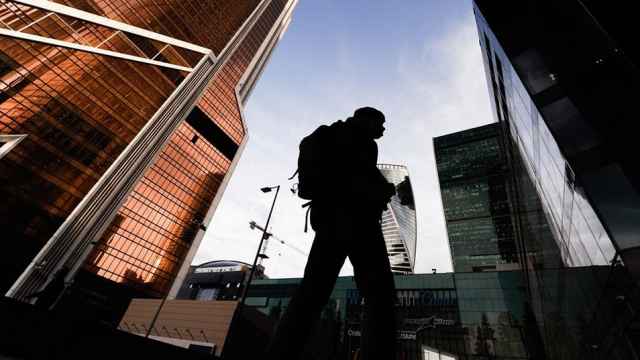More than 60% of Russians have seen their earnings drop as a result of the coronavirus pandemic, research from Moscow’s Higher School of Economics (HSE) has found.
As self-isolation regimes across the country — including in Moscow — begin to wind down and shops reopen, the HSE survey of around 7,600 citizens from different regions reveals the toll the virus has taken on jobs, wages and living standards.
One in ten Russians said they had lost their job as a result of the crisis — a figure which would put unemployment numbers close to 10 million, in line with the most pessimistic forecasts made at the start of the crisis, including from Audit Chamber chief Alexei Kudrin. Russia’s official unemployment numbers stand at just 1.7 million — up 30% since the start of the pandemic.
Including workers who have been put on unpaid leave, 14% said they had completely lost their income since the start of the crisis. However, that number is down from a high of 24% in the days after Russia introduced a non-working period at the end of March.
One in three workers said they had seen a “significant reduction” in their incomes, while 16% saw a “slight reduction.” Combining all those who said their income had fallen, or been wiped out completely, 61% reported their earnings were lower now than before the coronavirus outbreak.
Russia recorded more than 9,000 new daily infections on both Sunday and Monday, three weeks after the number of new Covid-19 infections peaked at 11,656. Moscow relaxed its quarantine restrictions Monday, allowing some shops to open and residents to go out for walks and exercise for the first time in two months.
The research also shows the relationship between public attitudes toward the economic damage of the crisis and public health measures introduced to stop the spread of the virus. One in five Russians said it was time to start relaxing self-isolation rules across the country — a sentiment which rose to around half among those who have lost their jobs.
A Message from The Moscow Times:
Dear readers,
We are facing unprecedented challenges. Russia's Prosecutor General's Office has designated The Moscow Times as an "undesirable" organization, criminalizing our work and putting our staff at risk of prosecution. This follows our earlier unjust labeling as a "foreign agent."
These actions are direct attempts to silence independent journalism in Russia. The authorities claim our work "discredits the decisions of the Russian leadership." We see things differently: we strive to provide accurate, unbiased reporting on Russia.
We, the journalists of The Moscow Times, refuse to be silenced. But to continue our work, we need your help.
Your support, no matter how small, makes a world of difference. If you can, please support us monthly starting from just $2. It's quick to set up, and every contribution makes a significant impact.
By supporting The Moscow Times, you're defending open, independent journalism in the face of repression. Thank you for standing with us.
Remind me later.


